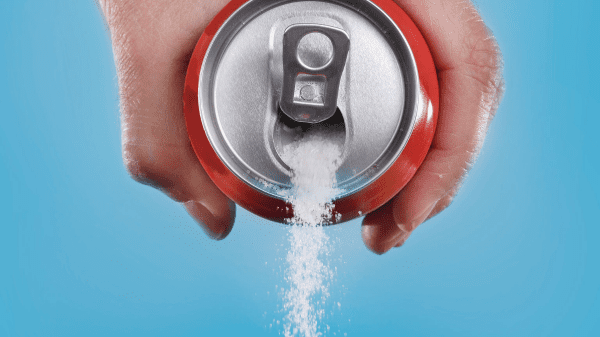Welcome to Blue Book!
Are you ready to join the thousands of companies who rely on Blue Book to drive smarter decisions? View our plans and get started today!
Still have questions? We’d love to show you what Blue Book can do for you. Drop us a line– we’ve been waiting for you.

One of the most interesting sessions during the International Fresh Produce Association (IFPA) BB #:378962 annual retail conference last week was the one where industry leaders evaluated the Trump administration’s first 100 days.
Of course, it started with the effects of the various levels of tariffs and their on-again-off-again implementation.
Stefanie Katzman, CEO of Katzman expressed a common theme: all the tariff uncertainty has made her business much more reactive, and that’s been bad for business. The company expects tariffs to increase consumer prices.
On a similar note, Jonna Parker of Circana, in another session, said Circana’s research shows consumers expect fruits and vegetables to be the No.1 grocery item to see price increases due to tariffs.
Through early May, that has not been the case, at least not yet.
It was good to hear from the retail perspective, as Daniel Bell, Sr., director of produce for Grocery Outlet, said while consumers appear pessimistic about the overall economy, his customers have benefited from produce deflation, and it’s possible that export-quality produce could remain in the U.S. market, which is something his stores could capitalize on to bring lower prices to customers.
One of Trump’s stated goals of the tariffs is to bring more domestic production to all industries, and that isn’t the case in fresh produce, as imports largely fill gaps in domestic production, both seasonally, and for whole commodity sectors like bananas and tropicals.
In addition to tariff relief, Katzman said the produce industry should emphasize to the Trump administration that lowering regulations would help producers.
That should continue to be a major talking point with government leaders, as that also hits the administration’s economic priorities.
Panelists also said the Make America Healthy Again (MAHA) movement could be a huge benefit to the produce industry.
“Eating healthy has a snowball effect for health and produce,” Bell said.
Dante Galeazzi, president and CEO of the Texas International Produce Association, also said MAHA is a great opportunity for fruits and vegetables.
In about a month, IFPA will hold its Washington Conference, bringing produce leaders to the Capitol to bring its priorities to Congress members, and I think regulation reduction and embracing fruits and vegetables in MAHA should be top messages.
In a column, I suggested using MAHA as a partisan tactic.
Urge Republicans to include fruits and vegetables in MAHA and encourage Democrat leadership to shame the Trump administration for not promoting and supporting fruits and vegetables more.








